US President-elect Trump to hold talks with Russian President Putin over the phone in the coming days and weeks
US President-Elect Trump to Hold Talks with Russian President Putin Over the Phone: What This Means for US-Russia Relations
As the inauguration of US President-elect Donald Trump approaches, one of the most anticipated aspects of his foreign policy is his relationship with Russian President Vladimir Putin. In a significant development, it has been announced that President-elect Trump plans to hold phone talks with President Putin in the coming days and weeks. This marks the beginning of a new phase in US-Russia relations under the Trump administration, with the potential for both opportunities and challenges.
These upcoming discussions have drawn significant attention from global leaders, analysts, and citizens alike, as the relationship between the two superpowers has been a topic of intense debate in recent years. While Trump has repeatedly expressed interest in improving ties with Russia, the timing and content of these talks are crucial in determining the future trajectory of US-Russia relations.
In this article, we will explore the implications of the upcoming phone talks between Trump and Putin, the key issues likely to be discussed, and what this could mean for the global geopolitical landscape.
The Context of US-Russia Relations
US-Russia relations have been deeply strained in recent years, particularly following Russia’s annexation of Crimea in 2014 and its role in the ongoing conflict in Ukraine. The United States and its allies have imposed sanctions on Russia, while the US intelligence community has accused Russia of interfering in the 2016 US presidential election—a charge that Moscow has repeatedly denied.
Under President Barack Obama, relations with Russia became increasingly hostile, with both nations engaging in diplomatic expulsions and escalating tensions over issues like Syria, nuclear arms control, and military deployments in Europe. Trump, however, has taken a different approach, signaling a willingness to re-establish a working relationship with Putin and seeking to de-escalate tensions.
Trump’s rhetoric regarding Russia during the 2016 election campaign was characterized by an openness to improving ties with Moscow. While this has raised concerns among some US lawmakers and international allies, Trump has insisted that a cooperative relationship with Russia could benefit both countries and contribute to global stability.
What Are the Likely Topics of Discussion?
The phone talks between Trump and Putin are expected to cover a wide range of topics, reflecting the complexities of US-Russia relations and the global challenges both countries face. Some of the key issues likely to be addressed include:
- Nuclear Arms Control and Security: One of the most pressing issues between the US and Russia is nuclear arms control. The two countries hold the largest nuclear arsenals in the world, and arms control agreements such as the New START treaty—set to expire in 2026—will likely be a major topic of conversation. Both Trump and Putin have expressed an interest in discussing nuclear disarmament and arms control, but the specifics of these negotiations will require careful diplomacy. Any agreement on this front could have a profound impact on global security.
- Syria and Middle East Peace: The conflict in Syria has been a major point of contention between the US and Russia, with Moscow providing military support to Syrian President Bashar al-Assad, while the US has backed opposition groups. Trump has indicated that he may adopt a more conciliatory approach to Russia in Syria, possibly focusing on joint efforts to combat terrorism and ISIS. The phone talks could provide an opportunity for both leaders to discuss potential areas of cooperation in the Middle East and explore ways to stabilize the region.
- Ukraine and Crimea: Another key issue is Russia’s annexation of Crimea in 2014 and its continued involvement in the conflict in eastern Ukraine. While Trump has expressed a desire for better relations with Russia, the question of Ukraine remains a sensitive topic. US lawmakers and European allies have called for stronger sanctions on Russia until it withdraws from Ukraine, but Trump’s willingness to engage with Putin on this issue could lead to a shift in US policy. The outcome of the phone talks could signal the direction of future negotiations on Ukraine.
- Cybersecurity and Election Interference: Accusations of Russian interference in the 2016 US election have created a major rift between Washington and Moscow. Despite overwhelming evidence from US intelligence agencies that Russia sought to influence the election, Putin has consistently denied these claims. It is expected that the phone talks will address cybersecurity issues, including the potential for future interference in elections, and how both nations can collaborate to prevent cyberattacks and improve cybersecurity frameworks.
- Sanctions and Economic Relations: Sanctions have been a major source of tension between the US and Russia. Trump’s administration may seek to review and potentially ease some of the sanctions imposed on Russia, but this will be a delicate issue, particularly given the concerns within the US and European Union about Russia’s actions in Ukraine and Syria. Economic relations, including trade, energy cooperation, and investment opportunities, will also be part of the discussion, as both leaders have expressed interest in improving economic ties.
- Global Power Dynamics and Multilateralism: The US and Russia are key players in global politics, and their relationship has a profound impact on the international order. The two countries have often been at odds over issues such as UN Security Council resolutions, climate change agreements, and the role of international organizations. Trump’s approach to multilateralism has been somewhat skeptical, and his conversations with Putin may offer insight into how the US plans to engage with Russia in global forums and address shared global challenges.
The Potential Implications for US-Russia Relations
The outcome of the phone talks between Trump and Putin will likely have far-reaching implications for US-Russia relations and the broader geopolitical landscape. There are several potential scenarios to consider:
- A Reset in Relations: One possibility is that the talks could lead to a “reset” in US-Russia relations, with both leaders finding common ground on key issues such as arms control, counterterrorism, and regional conflicts. A more cooperative relationship could pave the way for new agreements on nuclear disarmament, increased collaboration in the Middle East, and the potential lifting of sanctions. However, such a reset would require careful negotiations and a willingness to address contentious issues such as Ukraine and Crimea.
- Continued Tension and Confrontation: While Trump has expressed a desire for better relations with Putin, there are numerous challenges that could prevent significant progress. Disagreements over key issues such as Ukraine, sanctions, and election interference could hinder any breakthrough in talks. Additionally, concerns over Russia’s human rights record and its aggressive foreign policy actions may limit the scope of cooperation. If the phone talks fail to produce meaningful results, US-Russia relations could remain tense, and further sanctions or diplomatic confrontations may follow.
- A Pragmatic Partnership: Another possibility is that Trump and Putin could establish a pragmatic partnership based on mutual interests in areas such as counterterrorism, nuclear arms control, and energy. While the two leaders may not resolve all of their differences, they could agree to cooperate on specific issues where their interests align. This could lead to a more stable, if not fully amicable, relationship between the two countries.
- Impact on Global Alliances: The US’s approach to Russia under Trump could have implications for its alliances with NATO and the European Union. A more conciliatory stance toward Russia could create tensions within these organizations, particularly if US policy diverges from the views of European leaders who are more cautious about engaging with Russia. On the other hand, improved US-Russia relations could lead to greater cooperation on global challenges, such as combating terrorism and addressing nuclear proliferation.
In Conclusion
The upcoming phone talks between US President-elect Donald Trump and Russian President Vladimir Putin mark the beginning of a new chapter in US-Russia relations. These discussions have the potential to reshape the geopolitical landscape, with both leaders having the opportunity to address a range of critical issues, from nuclear arms control to regional conflicts and cybersecurity.
While the outcome of these talks is uncertain, they highlight the importance of diplomacy and dialogue in managing international relations, particularly between two global superpowers. Whether the talks lead to a reset in US-Russia relations, continued tensions, or a pragmatic partnership, the global community will be watching closely to see how the Trump administration engages with Russia in the coming years.
In an era of complex global challenges, the ability of the US and Russia to navigate their differences and find common ground will be crucial for global stability and security. The phone talks between Trump and Putin could set the tone for future diplomatic interactions and offer valuable insight into the direction of US foreign policy in the Trump era.
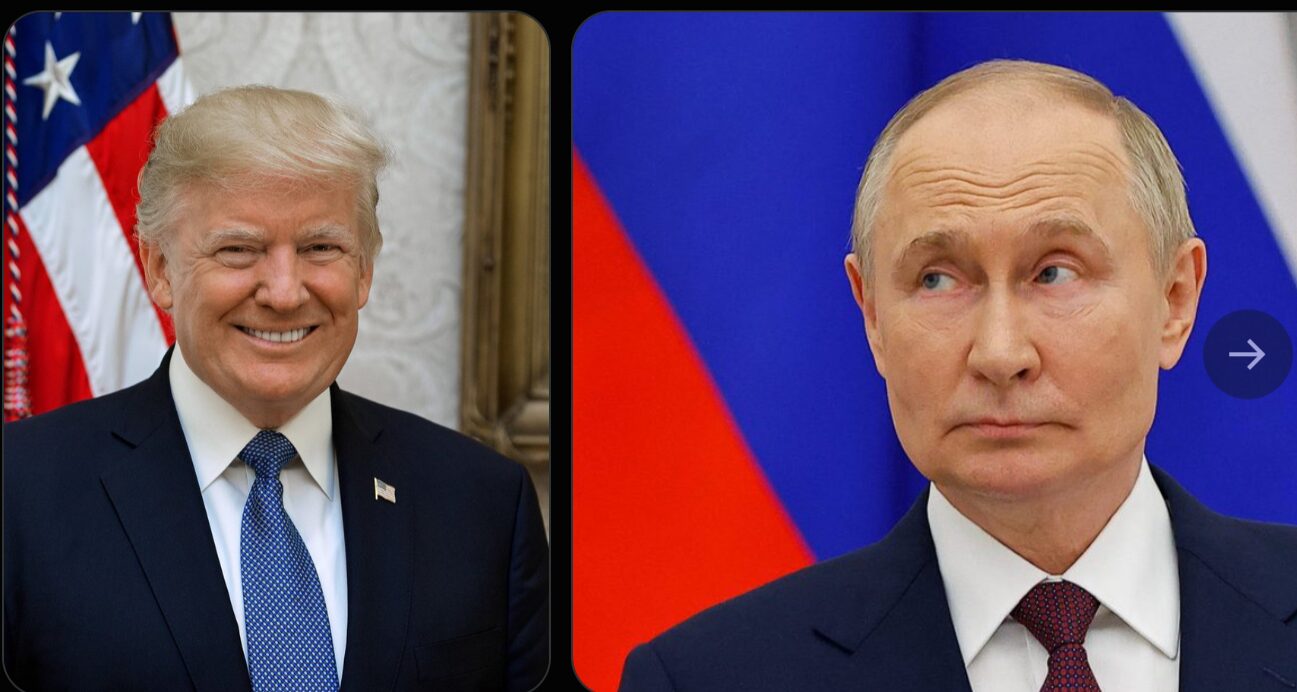
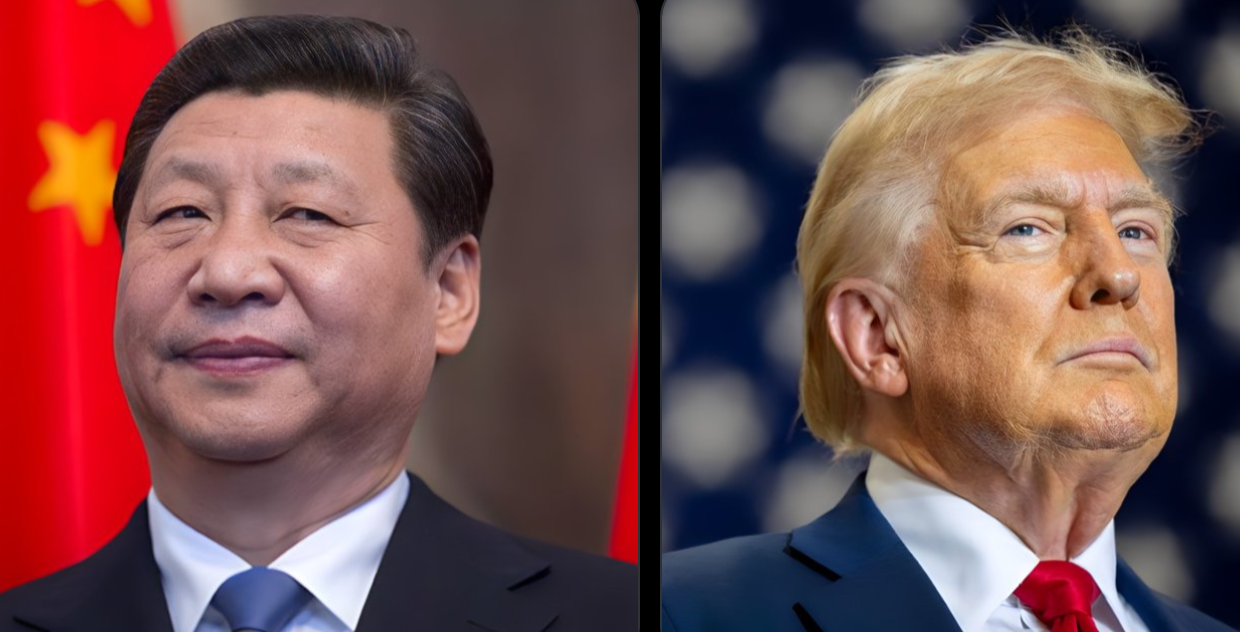
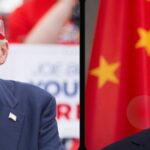


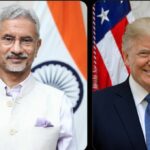
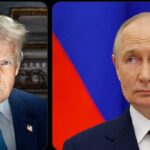
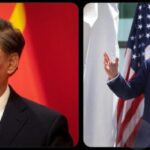
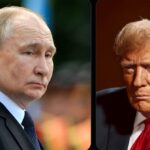








Post Comment